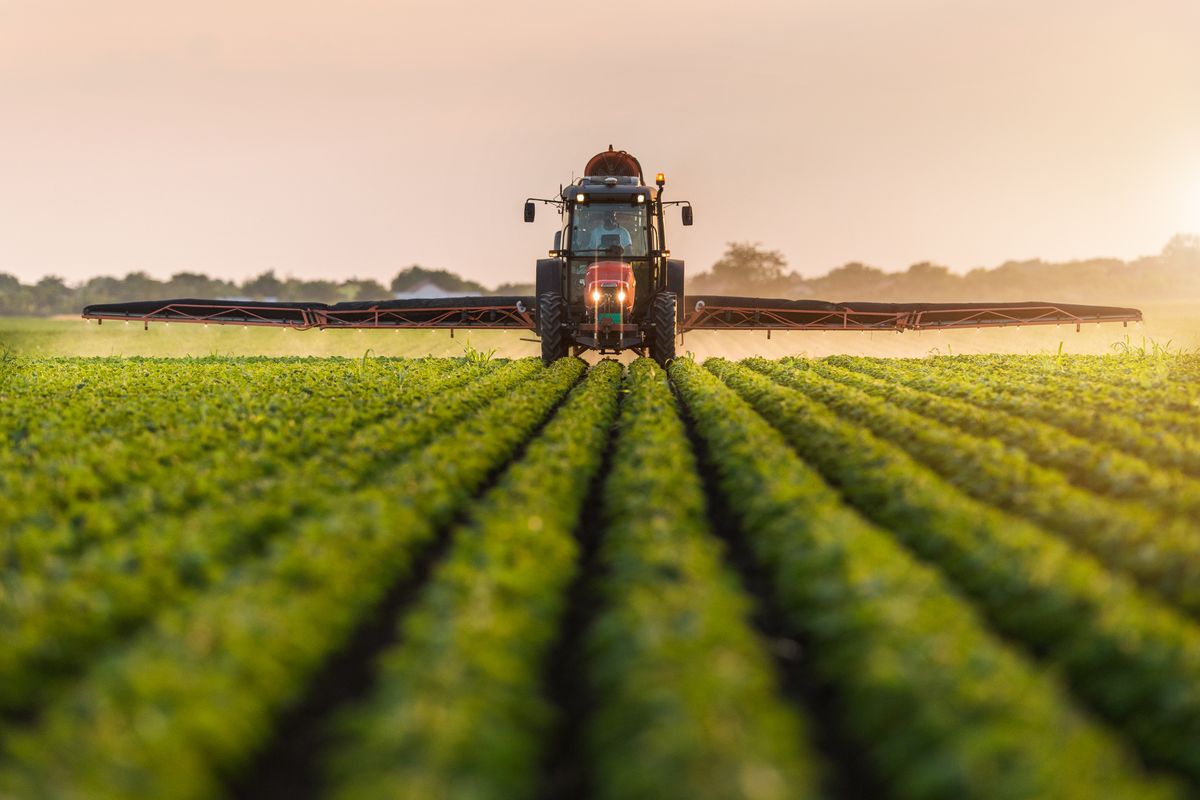By Contributing Reporter
RIO DE JANEIRO, BRAZIL – A ranking by the Food and Agriculture Organization of the United Nations (FAO), places Brazil as the 44th largest global user of pesticides, behind countries in Europe, such as Belgium, Italy, Ireland, Portugal, and Switzerland. Data from FAO’s statistical service, released by the Ministry of Agriculture, show an average use of 4.31 kg per hectare in 2016, the reference year.

The ranking includes information from 245 countries, based on data collected since 1961. Behind Brazil are Germany, France, and Spain. Considering the criterion of consumption by production, Brazil is in 58th place, with an index of 0.28 kilo per tonne of agricultural products. According to the Ministry of Agriculture, Brazil is ahead of countries such as Portugal, Italy, Slovenia, Spain, and France in this ranking.
“The use of pesticides in Brazil is influenced by the occurrence of two or three harvests per year (winter crops and small harvests). As a result, here it is necessary to use pesticides to control pests even in winter harvests and in small harvests, because there is no break in the reproductive cycle, due to the tropical conditions of Brazilian agriculture, while in temperate climate regions pests are inactive during the cold periods,” states the Ministry’s note.
The text also refers to a statement by the president of the Codex Alimentarius Commission, Guilherme Costa, pointing out that Brazil exports its agricultural products to 160 countries. Costa is the agricultural attaché to the European Union in Brazil.
“There is a control work exercised by the private sector and a verification work very well exercised by the government aiming to attend to these international laws, and also often to attend to certain demands of some importing countries which at times establish more restrictive limits than the international laws, and our country meets that in a very professional way, with the requisite reassurance for consumers”, he says in his note.

